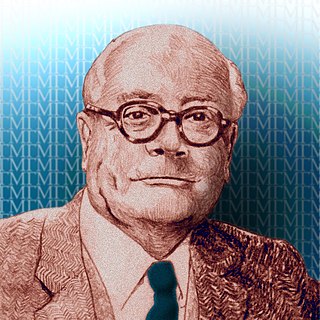A Quote by Jose Ortega y Gasset
The good is, like nature, an immense landscape in which man advances through centuries of exploration.
Related Quotes
The pleasure a man gets from a landscape would [not] last long if he were convinced a priori that the forms and colors he sees are just forms and colors, that all structures in which they play a role are purely subjective and have no relation whatsoever to any meaningful order or totality, that they simply and necessarily express nothing....No walk through the landscape is necessary any longer; and thus the very concept of landscape as experienced by a pedestrian becomes meaningless and arbitrary. Landscape deteriorates altogether into landscaping.
When I contemplate the immense advances in science and discoveries in the arts which have been made within the period of my life, I look forward with confidence to equal advances by the present generation, and have no doubt they will consequently be as much wiser than we have been as we than our fathers were, and they than the burners of witches.
The world is moving into a phase when landscape design may well be recognized as the most comprehensive of the arts. Man creates around him an environment that is a projection into nature of his abstract ideas. It is only in the present century that the collective landscape has emerged as a social necessity. We are promoting a landscape art on a scale never conceived of in history.
Who of us would not be glad to lift the veil behind which the future lies hidden; to cast a glance at the next advances of
our science and at the secrets of its development during future centuries? What particular goals will there be toward
which the leading mathematical spirits of coming generations will strive? What new methods and new facts in the
wide and rich field of mathematical thought will the new centuries disclose?
I see on a immense scale, and as clearly as in a demonstration in a laboratory, that good comes out of evil; that the impartiality of the Nature Providence is best; that we are made strong by what we overcome; that man is man because he is as free to do evil as to do good; that life is as free to develop hostile forms as to develop friendly; that power waits upon him who earns it; that disease, wars, the unloosened, devastating elemental forces have each and all played their part in developing and hardening man and giving him the heroic fiber.








































